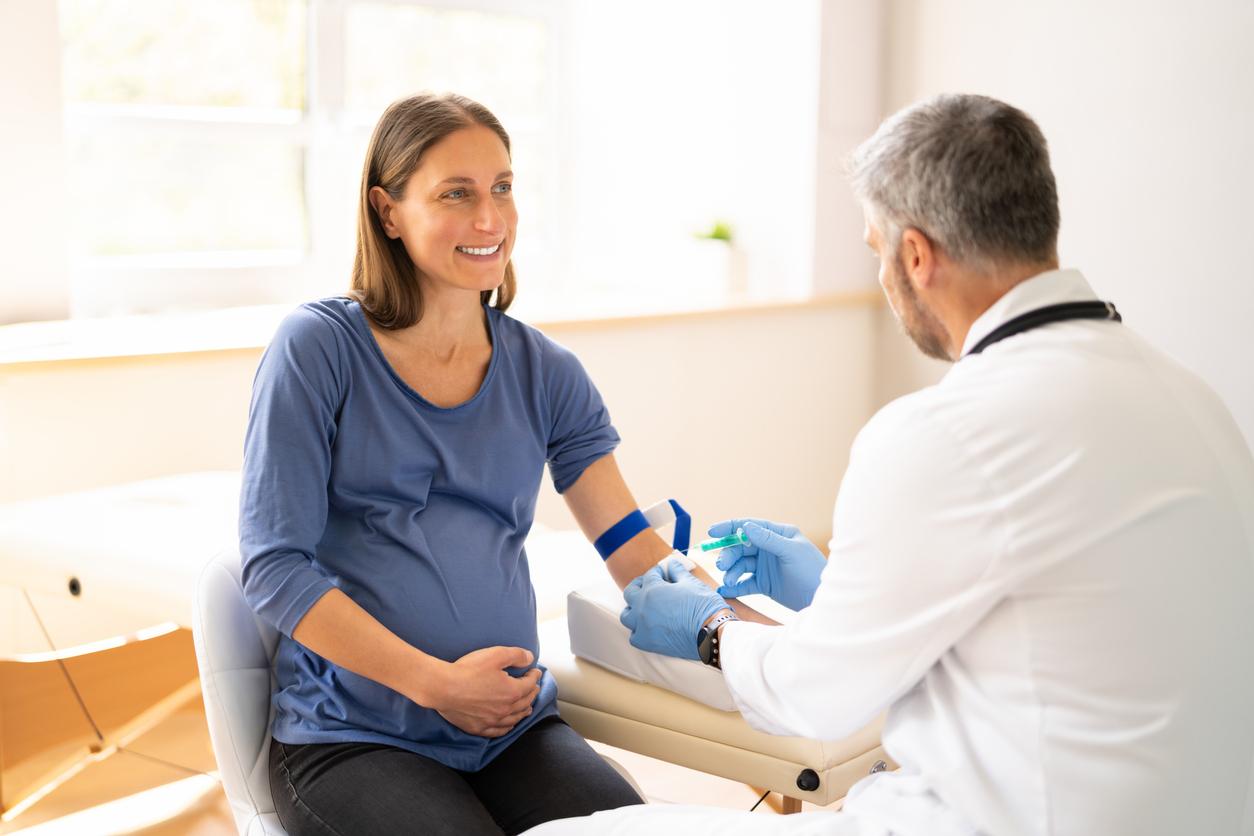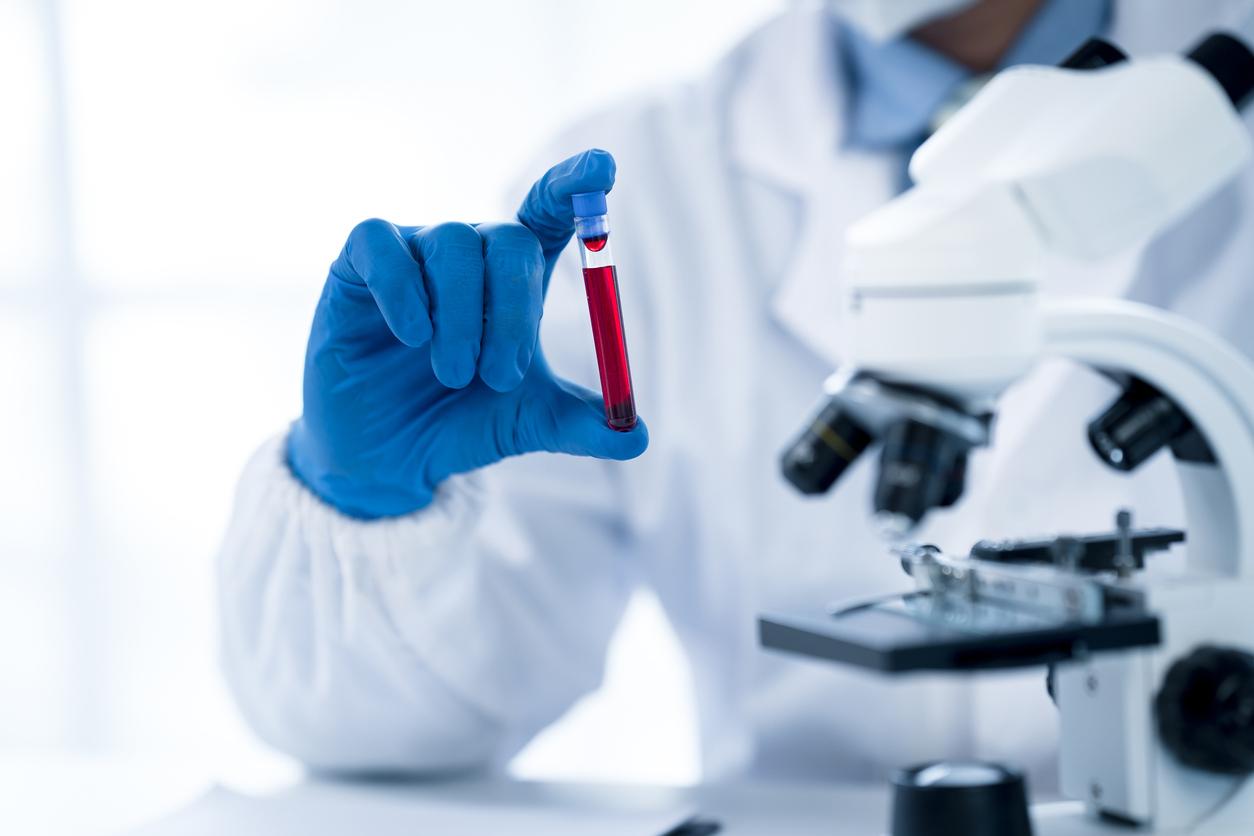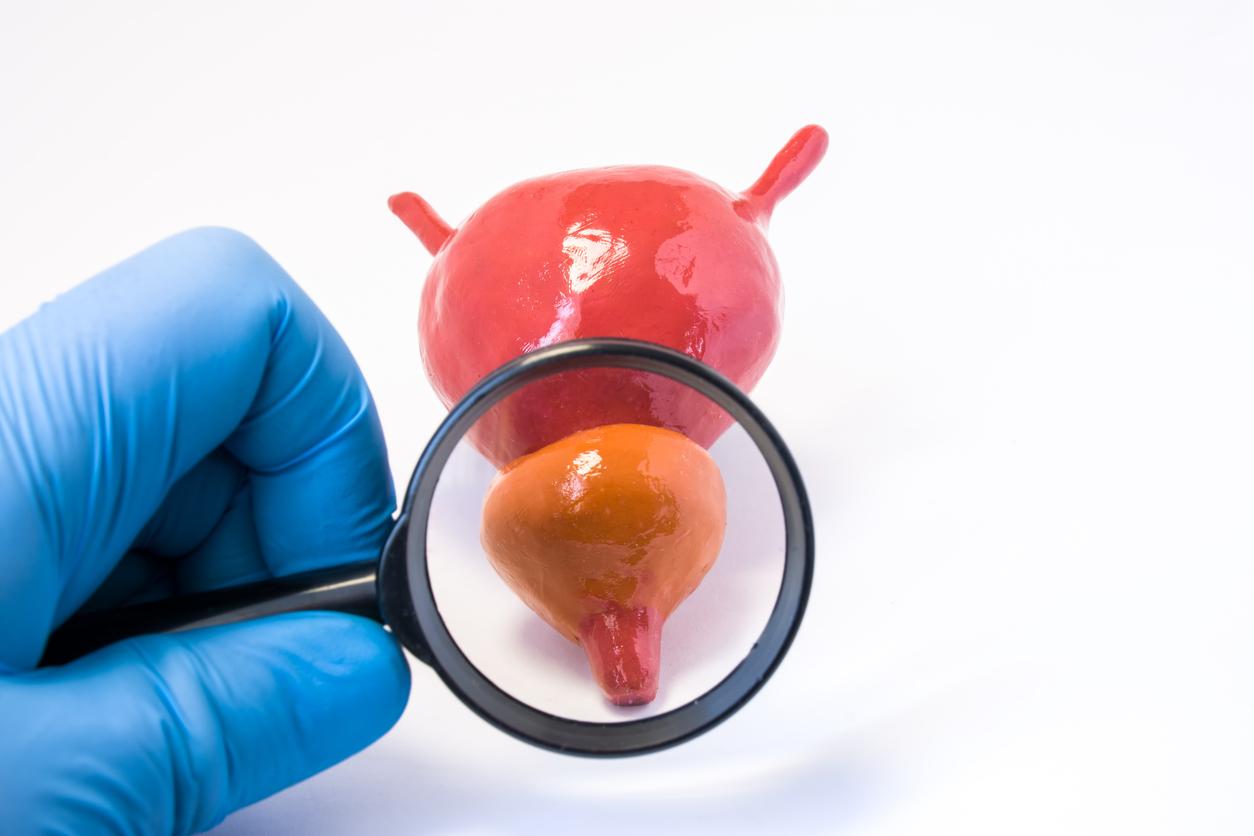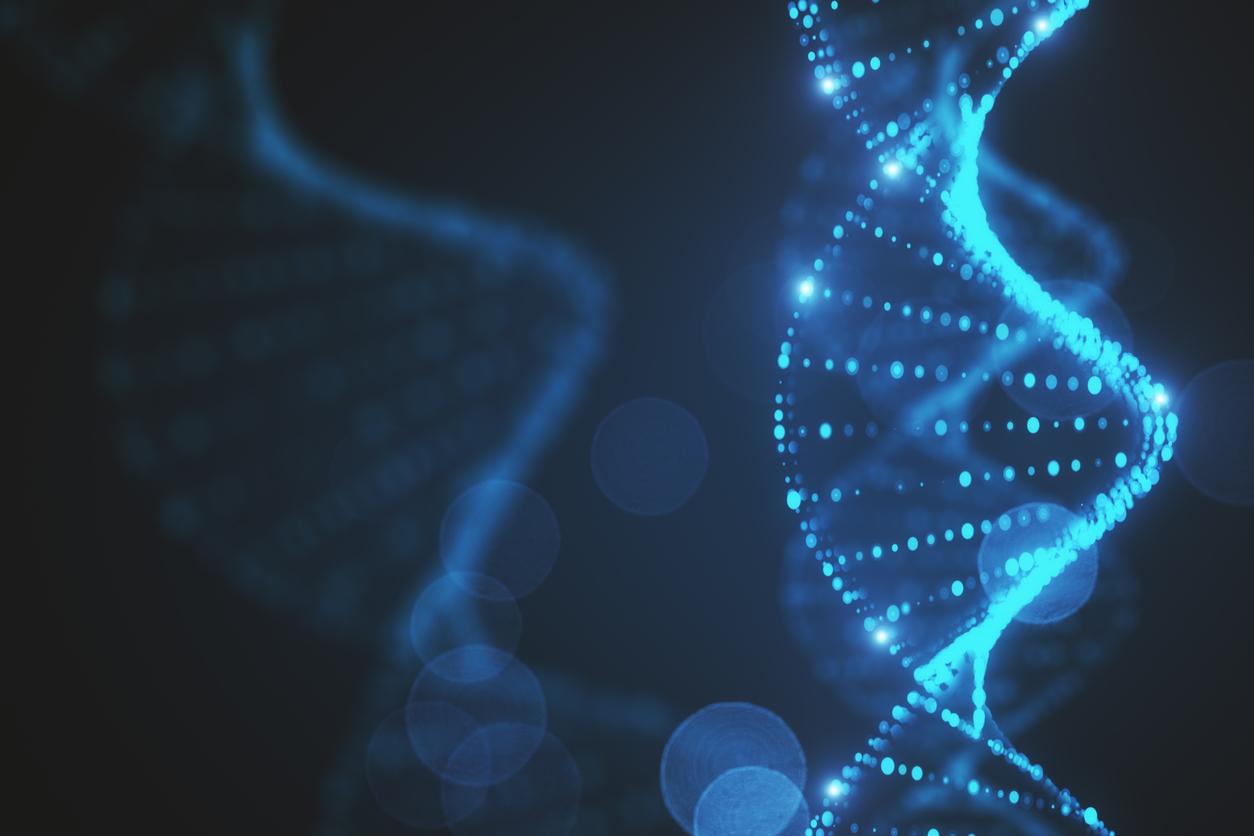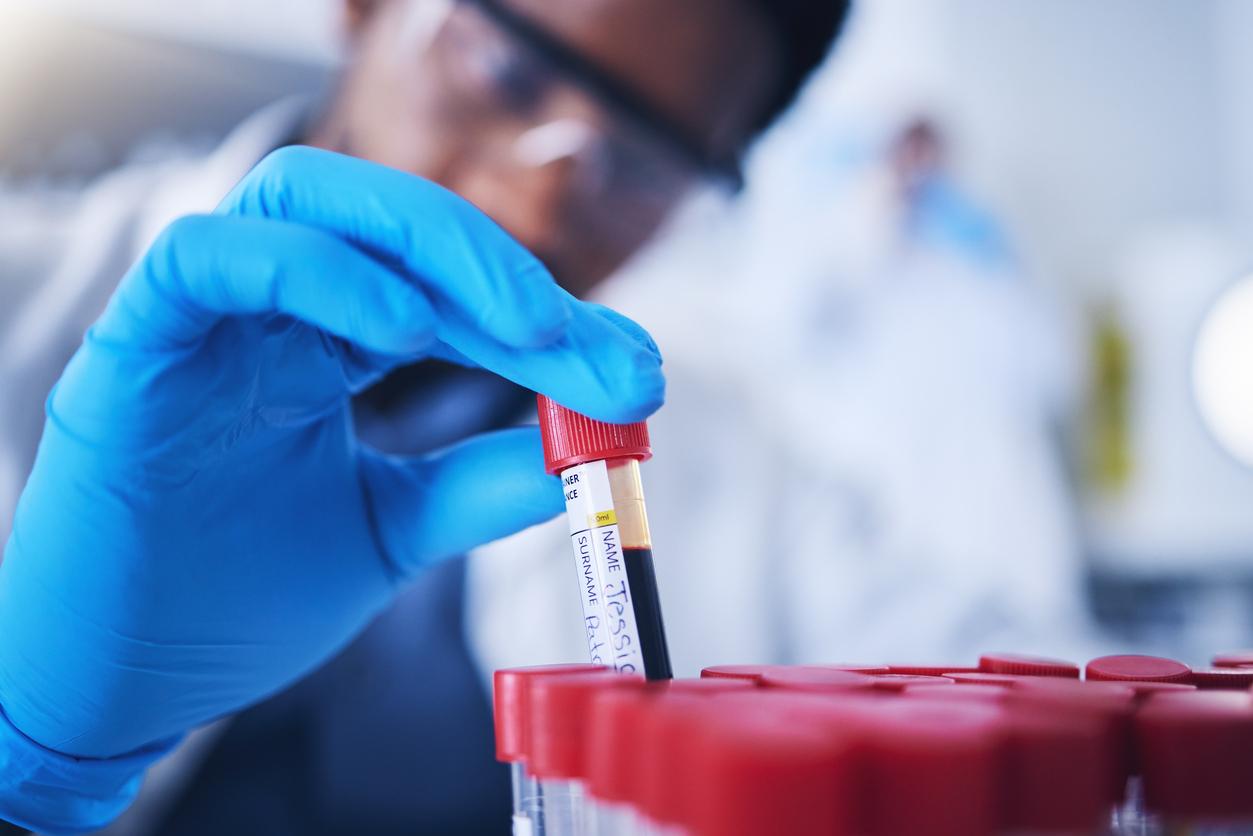Developed by a team from Montpellier, the blood test could make it possible to better identify bipolar disorders, so as not to confuse them with depression.

- Between 650,000 and 1.6 million people suffer from bipolar disorder in France.
- They are ranked among the ten most disabling pathologies according to the World Health Organization.
- One out of two people affected will make at least one suicide attempt in their lifetime.
It takes ten years on average between the onset of bipolar disorder and the establishment of adequate treatment, according to the High Authority of Health. It is characterized by alternating phases, depressive and manic, but manifests itself differently in each patient, which can make it difficult to diagnose. To remedy this, a research team from the Montpellier University Hospital is working on a blood test to more easily identify the pathology.
Reduce the risk of confusion between depression and bipolar disorder
Led by Raoul Belzeaux, professor of psychiatry and researcher at the Montpellier University Hospital of Medicine, the team started from an observation: bipolar disorders are often confused with other pathologies.Since the most common problem is depression, patients today are often identified as suffering from depression and not bipolar disorder.“, explains Raoul Belzeaux to 20 minutes. However, treating patients with bipolar disorder with antidepressants can either be ineffective or lead to a worsening of their depression or even “generate phases of deleterious exaltation”.
Bipolarity: detecting the disease using a blood test and artificial intelligence
The psychiatry professor and his team have therefore developed this new screening system. Thanks to a blood test, it is possible to analyze cytokines, cells involved in inflammation and the immune response, to identify bipolar disorders. At the same time, the use of artificial intelligence makes it possible to cross-reference different data such as age, tobacco consumption, the nature and intensity of the disorders, etc. At the end, the diagnosis will have to be confirmed by a health professional. “This test is intended to be included on the list of products authorized and reimbursed by Health Insurance, for the benefit of the patient and our health system.“, specifies the Fundamental foundation in a communicatedon the occasion of the presentation of the Marcel Dassault prize for innovation in psychiatry, awarded to Raoul Belzeaux on October 13th.
Better diagnosis of bipolar disorder to better manage patients
Improving screening for bipolar disorders aims to reduce certain risks associated with the pathology. In a document, the Montpellier University Hospital explains that the people concerned are exposed to a high risk of attempted suicide in the first years of the disease. These specialists also observe a tendency towards the abuse of harmful substances: “More than 50% of people with bipolar disorder experience alcohol and drug abuse during their illness. The CHU specifies that the abuse of alcohol and substances “increases the risk of triggering mood episodes and worsens these episodes”. But untreated disorders can also lead to various problems in private and professional life. To reduce the risks, Professor Belzeaux hopes to be able to quickly develop the blood test. The first results of clinical trials are expected in 2024.









